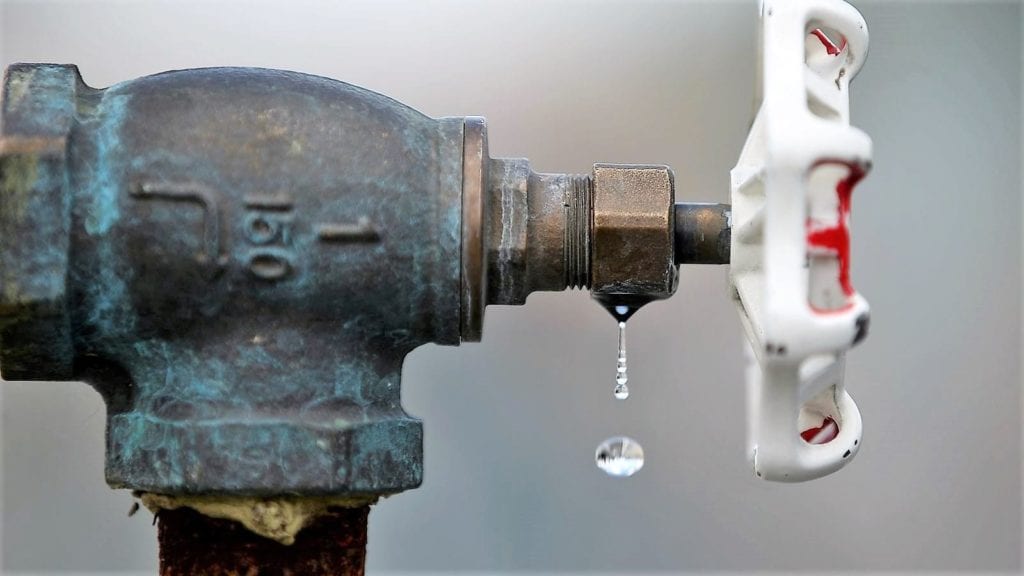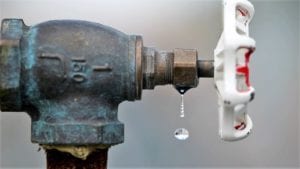 Stellenbosch University is working to significantly reduce the water footprint of the campus as the drought continues in the Western Cape.
Stellenbosch University is working to significantly reduce the water footprint of the campus as the drought continues in the Western Cape.
Demand-side management
Chris Wise, a technical director at JG Afrika and team leader on this project, says a comprehensive demand-side management programme and water-sensitive urban design strategy was implemented at the university. “There is a lot of innovation involved that relies extensively on academic research, while borrowing significantly from what is considered international best practice in the field of water management to develop unique recommendations,” he explains. “For example, the project references robust relevant demand-side management programmes that have been so successful in conserving drinking water in Melbourne, Australia.” The team also researched and adopted suitable experience from Singapore, which views stormwater as an alternative water source, as opposed to an inconvenience. In so doing, the country adapts urban areas to capture, treat and reuse stormwater for ‘fit-for-purpose’ applications, rather than removing this resource from urban areas as quickly as possible. At the same time, state-of-the-art methods were deployed to create a water balance; accurately identifying where water is being used on campus and then quantifying the demand for the resource in specific applications as part of the first phase of the programme that started late last year.Water saving methods
The approaches taken include the installation of temperature sensors in a few of the facilities to measure shower durations and water warm-up time in two of the residences. Analysis revealed that bathing and showering accounts for 25% of the total campus water use and 40% of residence use, and that significant savings could be achieved by installing water-saving showerheads.“Our preliminary studies have indicated extremely promising results from this single action. The university will be monitoring it closely to quantify the exact savings that it will contribute to the demand-side management programme, and expect them to be substantial,” says Wise.
JG Afrika is now undertaking the water-sensitive urban design aspect of the project to accurately identify and quantify opportunities to capture and use, or recycle as much of the water resource on campus. Wise says that the objective is to try and retain as much water as possible on site for reuse. Numerous options are currently being investigated, including harnessing the facility’s stormwater runoff. Large volumes of recycled water from other applications, such as shower water and laundry, may also be used for irrigation purposes, substituting water from an irrigation dam on site.







